
Expedition and Wilderness Medicine Advisory Group
Supporting the advancement of medical practice in remote and challenging environments.
We have long been at the forefront of supporting geographical exploration and outdoor learning, and a crucial aspect of this support is ensuring the health and wellbeing of those venturing into remote and challenging environments.
The Expedition and Wilderness Medicine Advisory Group, established in 1996 and formerly known as the RGS Medical Cell, represents a key component of this commitment. The group serves as a forum for expedition medical professionals, researchers and practitioners to advance knowledge and good practices in expedition and wilderness medicine.
Initially formed to provide expert medical advice to our own overseas field research programs, the group’s remit has expanded significantly. It now plays a pivotal role in shaping the standards of medical care on expeditions worldwide, contributing to teaching, research, and the development of guidelines to mitigate the hazards of travel in remote areas.
Convening expertise and developing good practices
For many decades, the Society has provided a forum for the expedition medicine community to convene, share insights, and collaborate. The evolution from the Medical Cell to the Expedition and Wilderness Medicine Advisory Group reflects a formalisation of this role.
The group’s activities are largely driven by the voluntary contributions of its expert members, who are dedicated to improving the quality of healthcare in remote settings. Through online collaboration and dedicated meetings hosted by the Society, the group actively develops and debates good practice guidelines, ensuring they remain relevant and effective in this exciting and rapidly developing area of medicine.
Pioneering research and influential publications
The Expedition and Wilderness Medicine Advisory Group has long been engaged in facilitating research into the health risks associated with expeditions. Research findings have been widely disseminated through the group’s close association with key publications in the field.
Notably, members of the group have been instrumental in the creation of the acclaimed Oxford Handbook of Expedition and Wilderness Medicine, with the third edition published in 2023. This comprehensive resource is the authoritative English-language reference for medical professionals and expeditioners alike.
The group’s influence extends to a wide range of initiatives, including:
- Guidance on prescription-only travel medication: developing best practice for the provision of prescription-only medicines for UK-based overseas expeditions.
- Shaping competency standards: providing significant input into the Royal College of Surgeons of Edinburgh’s revised Competency framework for medical provision for Wilderness Medicine (March 2020) and its alignment with the BS 8848:2014 standard for adventurous activities outside the UK.
- Supporting groundbreaking research: actively supporting the Global Polar and Altitude Metabolic Research Registry, which studies the physiological and metabolic effects of extended expeditions to polar and high-altitude environments, aiming to improve performance, safety, and our understanding of human adaptation to extreme conditions.
Specialised focus areas in expedition medicine
The advisory group’s work has encompassed a broad range of specialised areas within expedition medicine, reflecting the diverse environments and challenges faced by modern explorers and field practitioners.
- Polar and high-altitude health: Research in this area focuses on the physiological stresses of extreme cold and low oxygen environments. Studies on frostbite, non-freezing cold injury, acute mountain sickness and the prevention of high-altitude illness, and the metabolic cost of polar travel are crucial for the safety of expeditions to these challenging regions.
- Mountain, desert and tropical medicine: From the peaks of the Himalayas to the depths of the rainforest and the world’s great deserts, the group addresses the unique medical challenges of these environments. This includes research into high-altitude and heat-related illnesses in dry and humid environments, the prevention and management of infectious diseases such as malaria that are prevalent in tropical regions, treatment of snake bites, and appropriate medical planning for these and other geographical settings.
- Expedition psychology and mental health: Recognising that mental resilience is as critical as physical health, there is a growing focus on the psychological aspects of expeditions. Research in this field explores team dynamics, stress management, and the psychological impact of isolation and extreme environments, providing insights for expedition planning and participant wellbeing.
- Practicing medicine overseas: The roles and responsibilities of medical professionals on overseas expeditions and fieldwork, including legal frameworks, professional indemnity insurance and required competencies.
- Guidance for COVID-safe expeditions: Protocols and adjustments for conducting expeditions safely during a pandemic.
Meet the Executive Committee
The Expedition and Wilderness Medicine Advisory Group is led by a distinguished committee of medical professionals and experts with extensive experience in expedition and wilderness medicine.
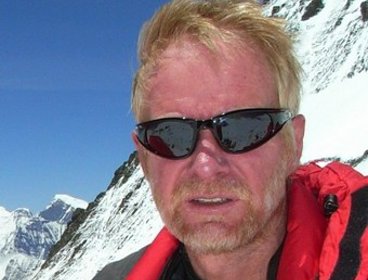
Professor Chris Imray (chair)
Chris is a Consultant Vascular and Renal Transplant Surgeon at the University Hospitals Coventry and Warwickshire NHS Trust. Chris’ interest in altitude research began in 1988, when he joined the Birmingham Medical Research and Expeditionary Society. He has managed to combine his clinical and climbing interests by studying cerebral perfusion under hypoxic conditions. He is one of the foremost experts on frostbite and has an interest in acute mountain sickness in adolescents. He is a member of the Alpine Club and a Faculty Member of UIAA Diploma in Mountain Medicine.
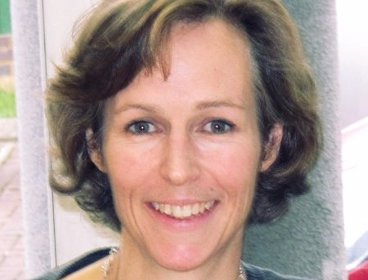
Dr Sarah Anderson
Sarah Anderson currently works at Public Health England as Head of the National TB Programme Office leading the implementation of the Collaborative TB Strategy for England, 2015-2020. She undertakes research in Tuberculosis, Infectious Diseases and Public Health. Sarah trained as a doctor in Cambridge and London. Whilst at Cambridge, she led an expedition to Uganda, was President of the Cambridge Expedition Society and has been involved with expeditions ever since.
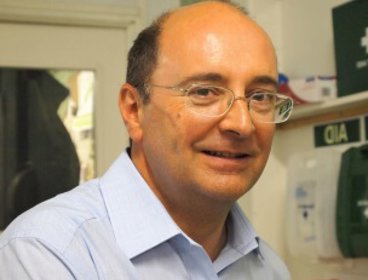
Dr Jon Dallimore
Jon is one of the Directors of the International Diploma in Expedition and Wilderness Medicine at the Royal College of Physicians and Surgeons of Glasgow. Jon is a medical consultant to four British expedition companies and gives medical briefings to hundreds of World Challenge expedition leaders each year. He is a co-editor of the Oxford Handbook of Expedition and Wilderness Medicine, and has been teaching on expedition medicine courses for healthcare professionals since 1991.
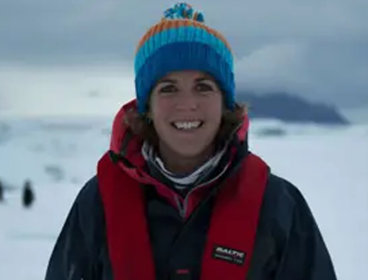
Dr Lucy Obolensky
Lucy is a GP and EM doctor specialising in Global and Remote Healthcare. She recently founded Endeavour Medical to provide a forum for education, research and opportunities for all health professionals working in these fields. Lucy is Associate Professor of Global Health and Remote Medicine at the University of Plymouth and works closely with the British Antarctic Survey within this role.
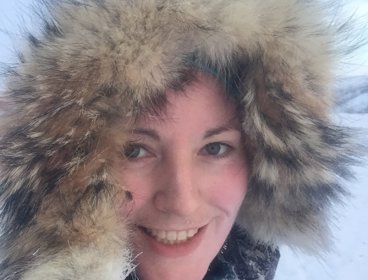
Dr Claire Grogan
Claire is a medical doctor with a passion for expedition and remote medicine. She has provided medical support for expeditions in jungle, desert and mountainous environments across the world. Claire was the lead medic for the BBC documentary 'Highest Classroom on Earth' and has also worked with British Exploring's Project New Horizons in Iceland
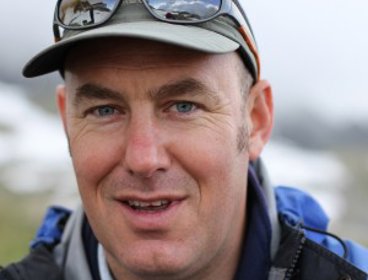
James Moore
As the Director of The Exeter Travel Clinic and Travel Health Consultancy, a specialist centre in the provision of expedition medicine training for both healthcare professionals and non-medics, James is a specialist in travel and expedition medicine. He also developed and directs the International Diploma in Expedition and Wilderness Medicine with Jon Dallimore.
Join the Advisory Group
The Expedition and Wilderness Medicine Advisory Group encourages the participation of anyone with relevant expertise and the desire to participate constructively. If you are interested in contributing to the development of good practice guidelines and the advancement of expedition and wilderness medicine, please contact us at explore@rgs.org